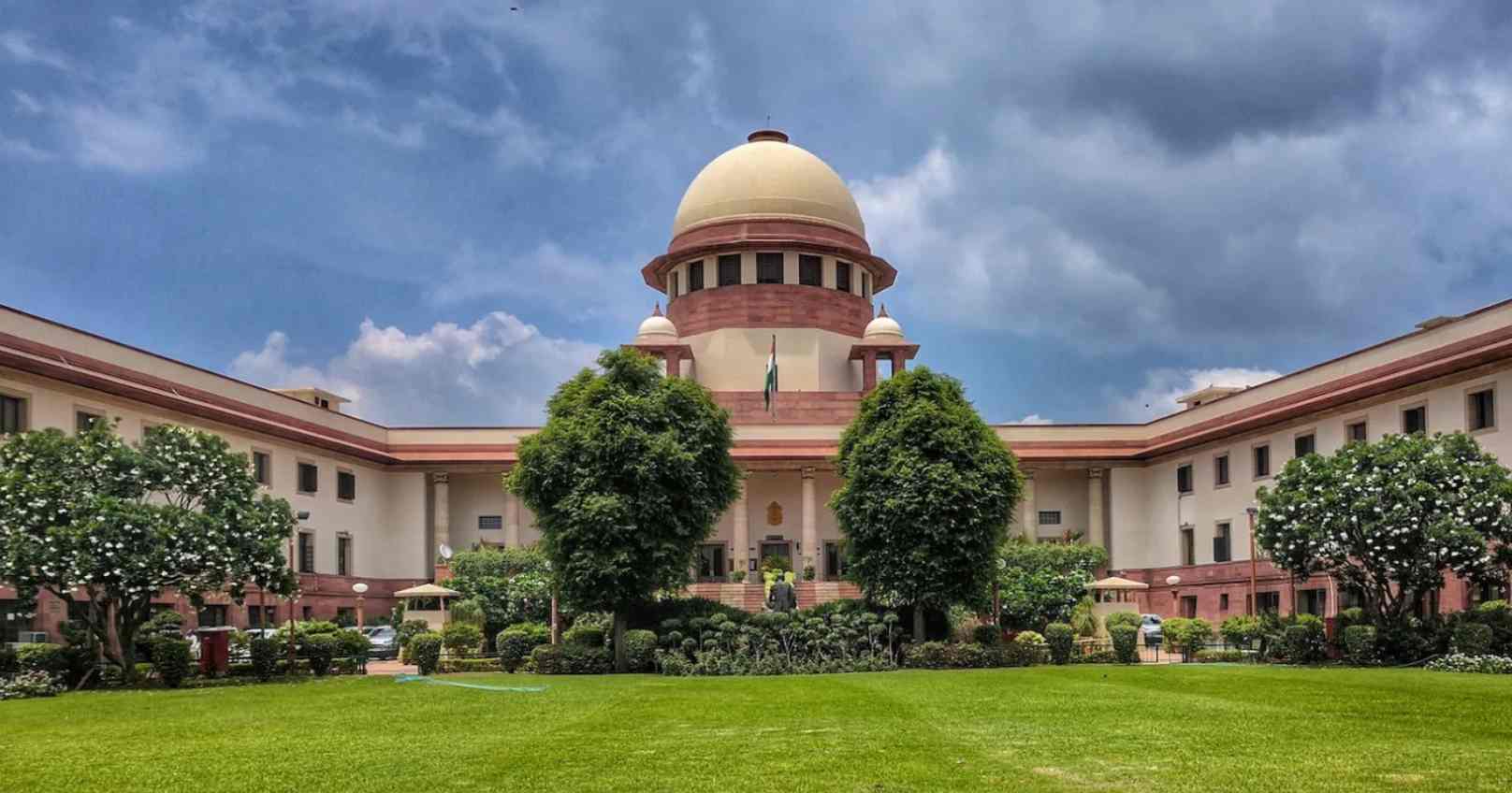Chief Justice DY Chandrachud Proposes Justice Sanjiv Khanna as His Successor
Chief Justice DY Chandrachud has recommended Justice Sanjiv Khanna as his successor, set to take over as the 51st Chief Justice of India upon government approval
17-10-2024Chief Justice of India (CJI) DY Chandrachud has recommended Justice Sanjiv Khanna, the most senior judge of the Supreme Court, as his successor. The recommendation was made following a request from the government last Friday in line with the Memorandum of Procedure. Justice Chandrachud is set to retire on November 8, marking the end of his two-year tenure.
If approved, Justice Khanna will assume the role of the 51st Chief Justice of India, with his tenure lasting until May 13, 2025, when he reaches the mandatory retirement age.
Justice Khanna has been a prominent figure in the Indian legal landscape since beginning his legal practice in 1983 after enrolling with the Bar Council of Delhi. Starting in the Tis Hazari district courts, he quickly advanced to the Delhi High Court and other legal forums. In 2005, he was appointed as an additional judge of the Delhi High Court and became a permanent judge the following year. He has served in several important judicial roles, including overseeing the Delhi Judicial Academy and the Delhi International Arbitration Centre.
On January 18, 2019, Justice Khanna was elevated to the Supreme Court, without having served as Chief Justice of a High Court, a rare achievement in the judiciary.
Noteworthy Judgments
Among his notable rulings, Justice Khanna granted interim bail to former Delhi Chief Minister Arvind Kejriwal, allowing him to campaign during the Lok Sabha elections. He also ruled on a crucial case involving former Deputy Chief Minister Manish Sisodia, emphasizing that delays in legal proceedings could justify bail under the Prevention of Money Laundering Act (PMLA).
In another major decision, Justice Khanna led a bench that rejected a plea for 100% Voter Verifiable Paper Audit Trail (VVPAT) verification of votes cast on electronic voting machines (EVMs), upholding the Election Commission’s measures to ensure election integrity.
Justice Khanna also played a key role in declaring the electoral bond scheme unconstitutional, asserting that anonymous political donations infringed on the public’s right to information, critical for informed voting.
Additionally, he supported the upholding of the abrogation of Article 370, noting that while the article reflected Jammu and Kashmir's special status within India's federal framework, it did not confer sovereignty on the state.


A PIL by Sanvedana Foundation challenges the IRDAI’s 2020 circular allowing insurers to exclude ep
Read More
A Delhi court has ruled against releasing hotel CCTV footage in a case involving two Army Majors, ci
Read More
Chief Justice BR Gavai has pushed back against criticism of the judiciary over case backlogs, saying
Read More